I deleted Instagram from my phone seven months ago.
Walking around with a six-inch computer attached to my hands, doom-scrolling for likes and comments and follows and seeing who watches my stories is a relatively new human behavior, evolutionarily speaking. But the desire to dissociate, procrastinate, and compare my body (and career) to others’ is a habit I’ve had my whole life. A smartphone lets me do all of those things at once.
There’s a sense of freedom in no longer Instagramming my life for the world to see. But I’m still trying to figure out what that freedom means.
Am I Still An Influencer?
I recently spoke at Fordham University’s Anthropology of Sex + Gender course, sharing my 10+ years of research on the intersection of alcohol and sex/dating. One of the students asked how I became an influencer. In fact, several of the pre-submitted questions were about creating an online presence.
I told the students how I pitched stories about sober sex and dating to magazine editors for years, only to be rejected because “this topic is too niche.” I created content as a proof of concept to get more bylines in hopes of landing a book deal.
Content creation was part of my path to a career in journalism.
While it felt cathartic to verbalize my answer, standing in front of a room of people who perceive me as an influencer felt strange. I’m an author. A journalist. A teacher. An entrepreneur. A wife. A dog mom. A cat mom. But to people who see me as an influencer, I’m a commodifiable brand with a product line. Somehow, all of these things are true. 🤹🏽♀️
Some communities see the word influencer as a pejorative, while others see it as a job title. Real estate agent. Florist. Accountant. Influencer. More than half of Gen Z want to be influencers.
“Yes, I created a personal brand and leveraged it into a book deal. But being an extremely online person who is constantly perceived really messed with my mental health. It still does,” I told them, hoping they’d learn from my mistakes. I now have a virtual assistant post on my behalf. And even then, it’s only to promote my classes or events. I no longer make content for content’s sake.”
Low-Key Identity Crisis
Which gets me back to my social media addiction. It’s not just the dopamine slot machine in my hand (and probably in your hand, right now), but the identity crisis that comes from not knowing where Tawny Lara stops and @tawnymlara begins. But I’m figuring it out. Deleting social media apps from my phone was a big help.
My entire career exists because of the internet and social media. So I can’t knock it; kinda like with booze. Recovering from being a binge-drinking party girl in a very public way led to me being “The Sober Sexpert,” which led to me feeling so one-dimensional that I’m still reconnecting with other parts of myself.
I swapped alcohol for algorithms. Transfer addictions are real, y’all.
Words of Wisdom
When I teach classes and work with people 1:1, students ask about platform, which is modern parlance for social media presence. I encourage my students and clients to worry less about platform and more about writing. I also remind them that platform exists IRL, too.
Which organizations are you part of?
Where do you volunteer?
Who have you worked with in the past that you’re still in touch with?
Who have you met through engaging with your hobbies?
This is all platform.
But yes, having an online presence can help you get (or lose) a job, so my advice is to pick one social media platform that you enjoy being on. Or at least, pick one that you hate the least.
Choose a social media platform (this includes newsletters) that feels less like a tedious hellscape and more like a place where you can express what you want to express, not what an algorithm wants you to express.
Creating content that you hate creating is how I’d define cringe. Don’t just make videos because everyone is making videos!!!! Make videos if you want to. Write newsletters if you want to. Post an IG story if you want to. But none of it is as important as your manuscript. Or your life.
XO,
Tawny
Upcoming Classes
📚Book Proposal Boot Camp May 20th-June 24th 7-9 EST. Sign up here.
🃏Create + Pitch Your Own Card Deck July 16th 6-8EST. Sign up here.
💻Be Your Own Publicist Sept 30th, 6-8EST Sign up here.
📃Book Proposal 101 Oct 1st, 6-8EST. Sign up here.
📓Writing Goals Workshop Dec 13th, 6-8EST. Sign up here.
🗞️New Column: Behind the Pitch
My new monthly column helps you get essays published, land media placement for your books/products/expertise, and feel confident while writing the damn email.
Each issue goes behind the scenes of my pitching process (including screenshots of my pitches!) while sharing tangible tips to deal with the emotional side of putting yourself out there. Catch up on issues one and two.
Full access to Behind the Pitch costs $7 per month or $70 per year.
Monthly Topics Include:
Media Placement - Learn how to get quoted as an expert on your topic or get an essay/article published
Podcast Placement - Review my pitch templates to become a podcast guest
Store Placement - Learn how to pitch a physical product (books, card decks, food and beverage, etc.…) to bookstores and specialty stores
The Whole Confidence Thing - Mental health and ADHD-informed tips to boost the confidence needed to write the damn pitch. I’ll also share healthy coping skills for rejection, imposter syndrome, and more.
And more!






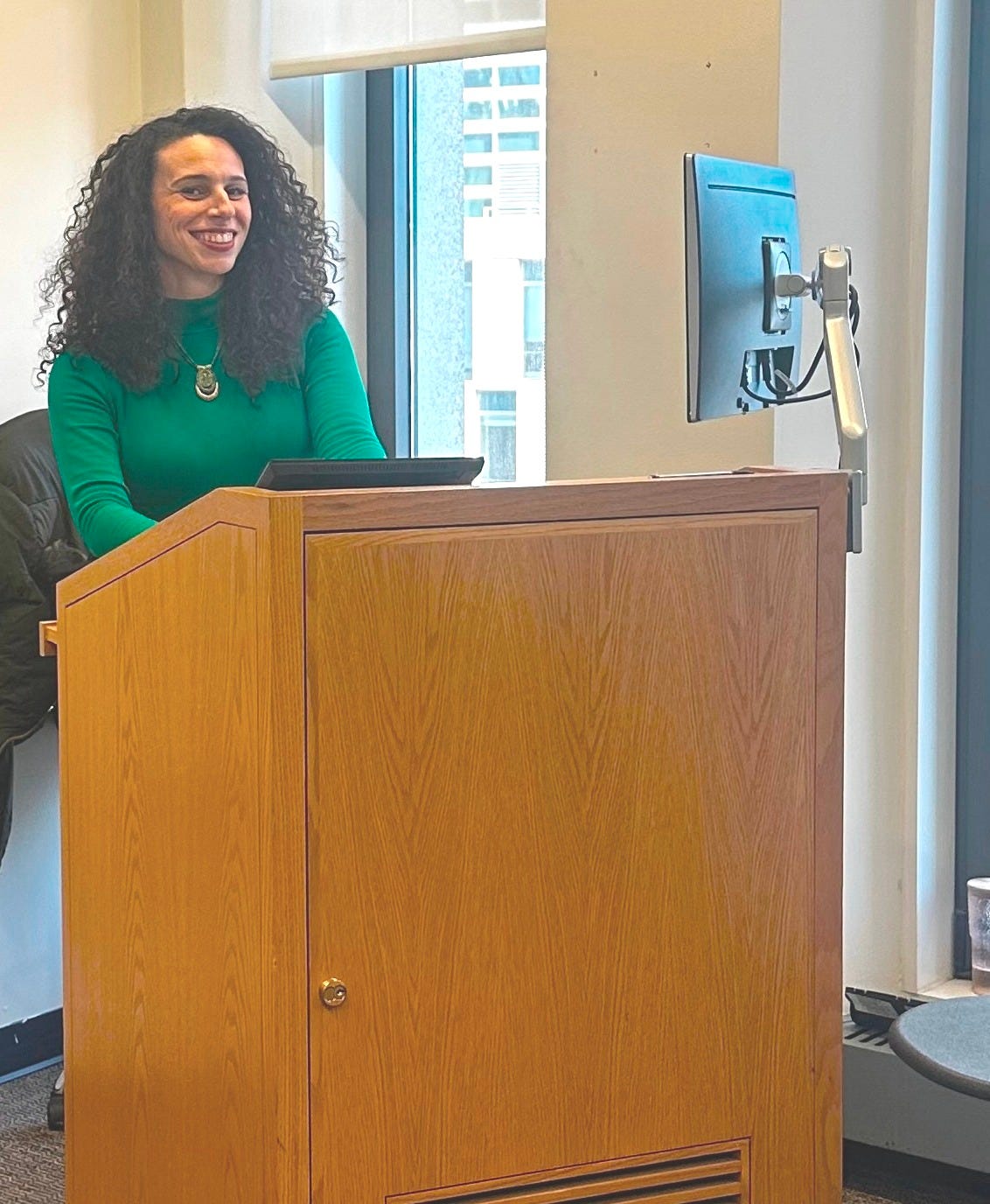
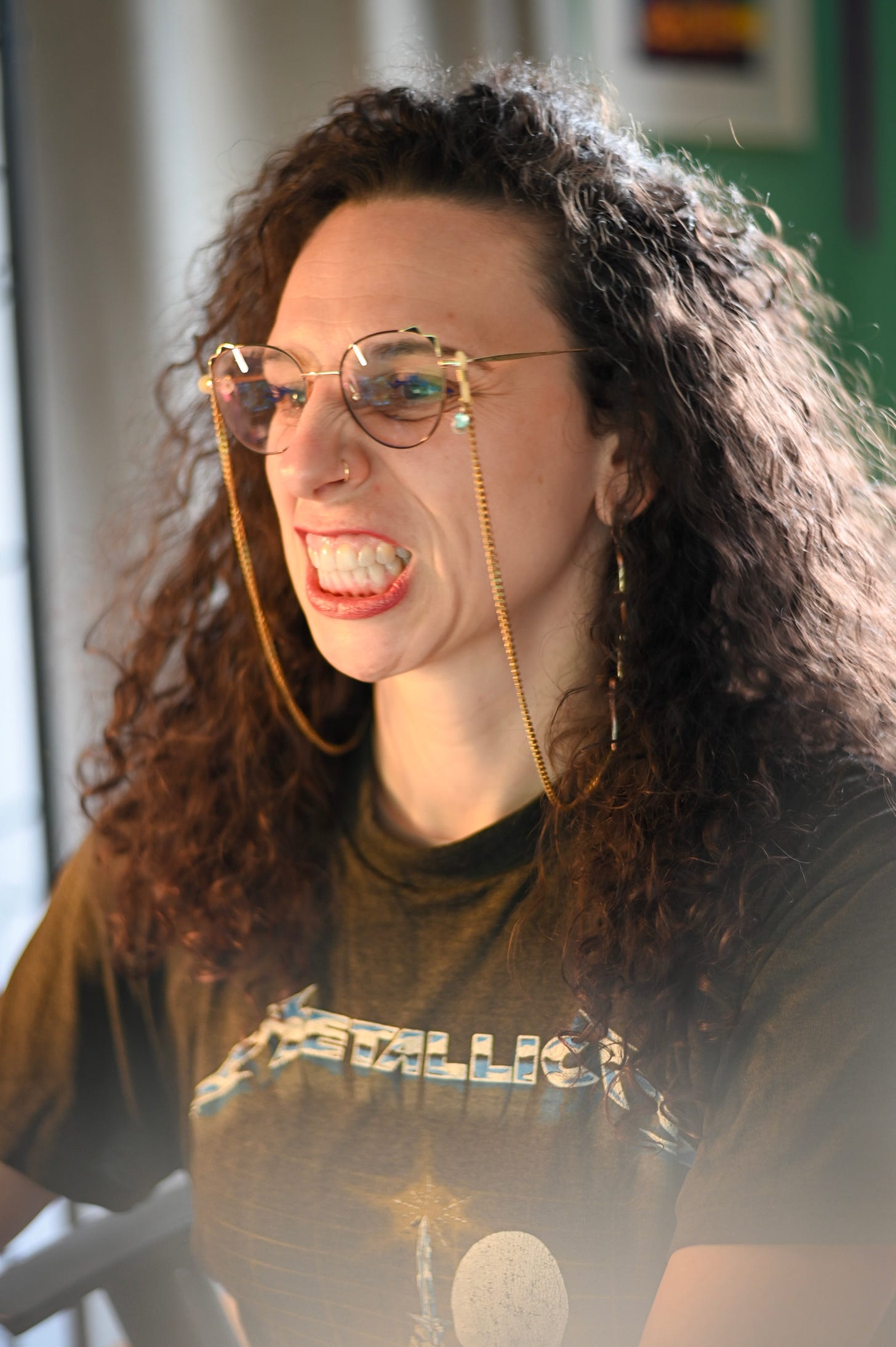
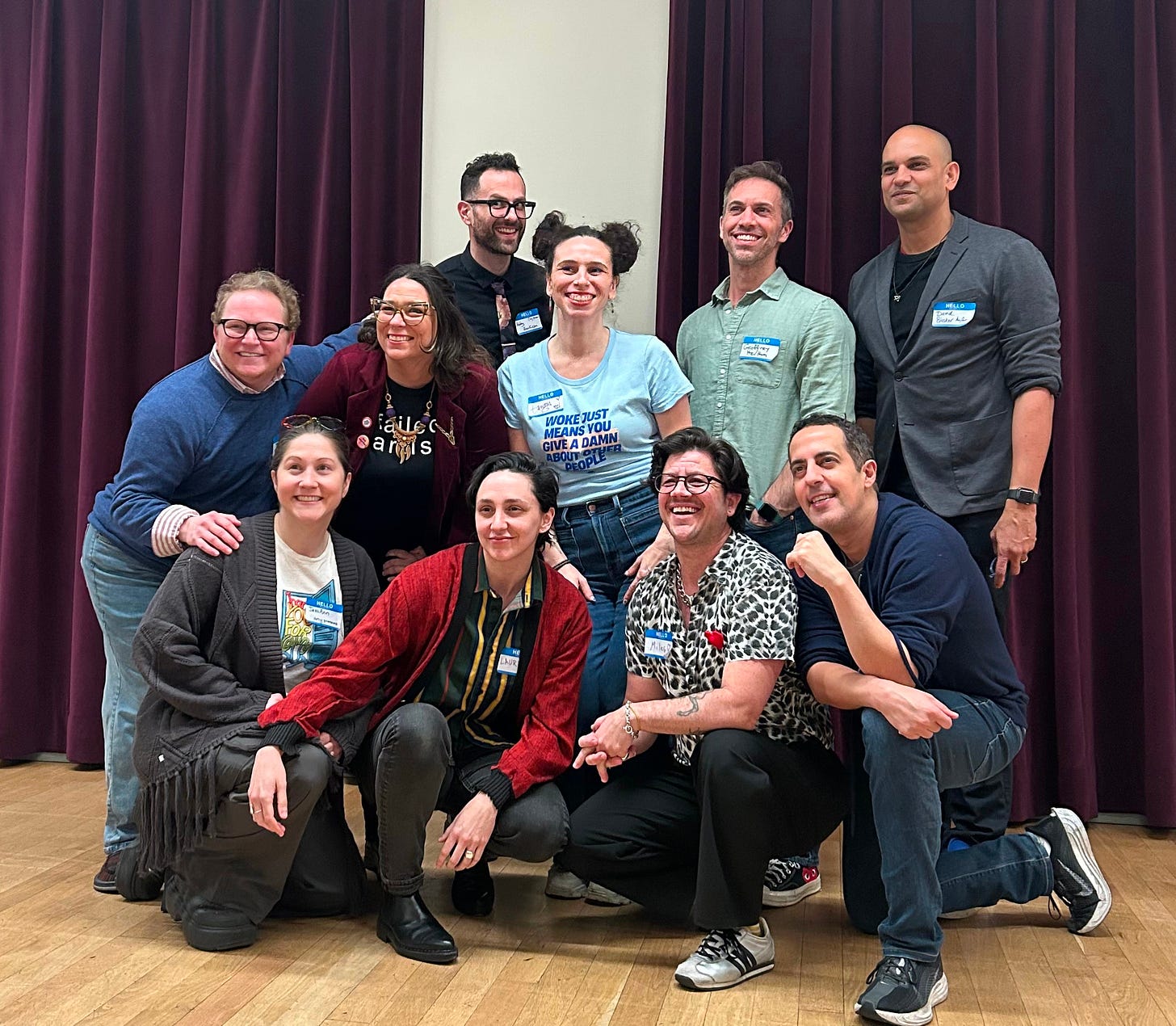
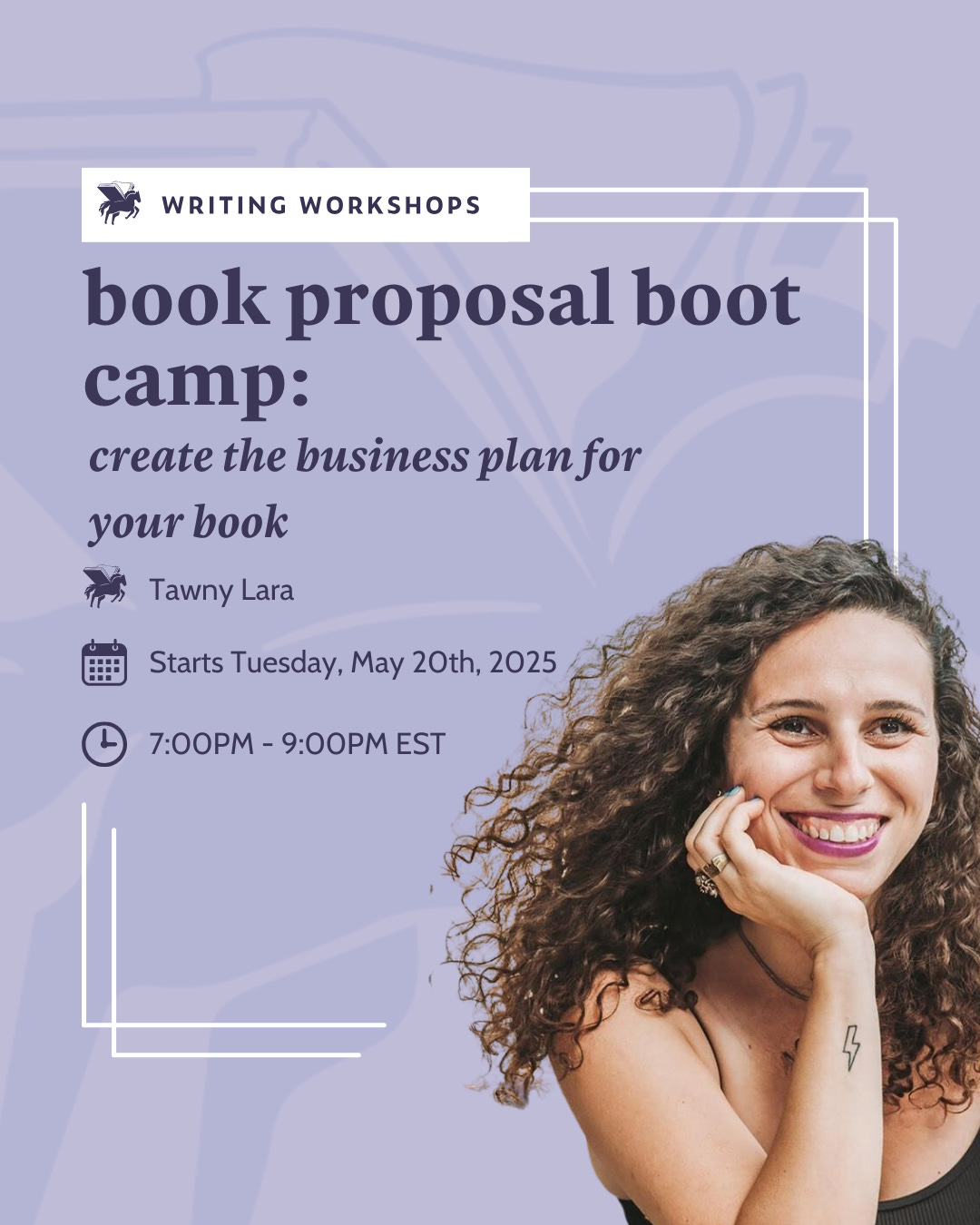
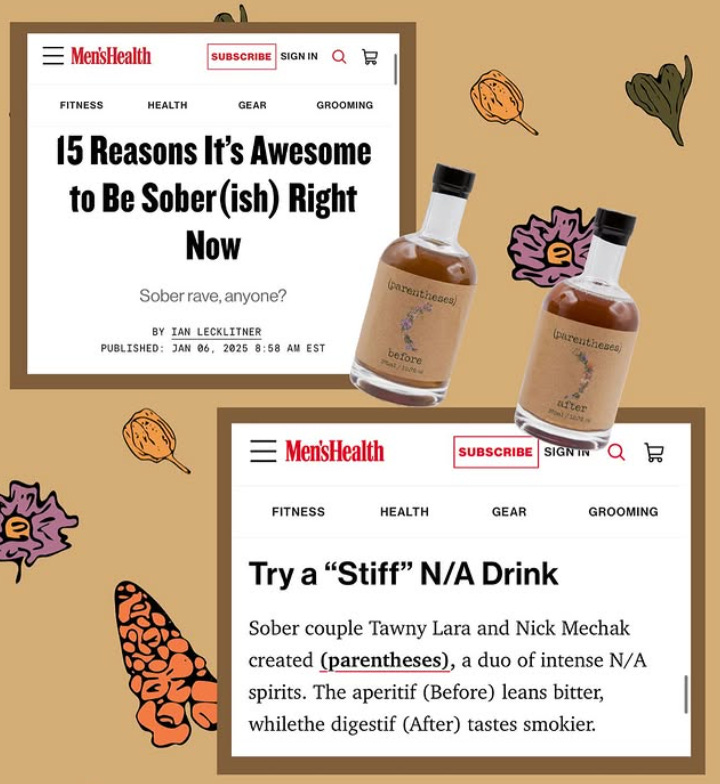
So interesting! I wrote something about a similar topic (is it authenticity if you’re not sharing everything about yourself online?) but need to work it up a little more. Will link back to this!
I can so relate to this. I'm on a sabbatical from my Instagram where I am "Lucy WernerPR" she is for sure the more confident version of Lucy Werner. And it was sort of fine when I worked five days a week. But now I am more Lucy Werner than Lucy Werner PR and my work has evolved so they need to meet in the middle and I just don't know how much I want to share in my stories yunno? I'm all chips down on Substack for now whilst I work on the evolution.